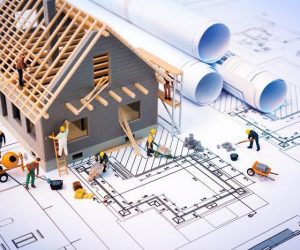Advancing Sustainability: Understanding LEED Design and Construction Requirements
Regarding the benefits of LEED certification, we want to take a deeper dive into the design and construction process for achieving LEED certification. Whether you’re embarking on a new build or a major retrofit, understanding the requirements and strategies for LEED certification is key to delivering a sustainable, high-performance building.














